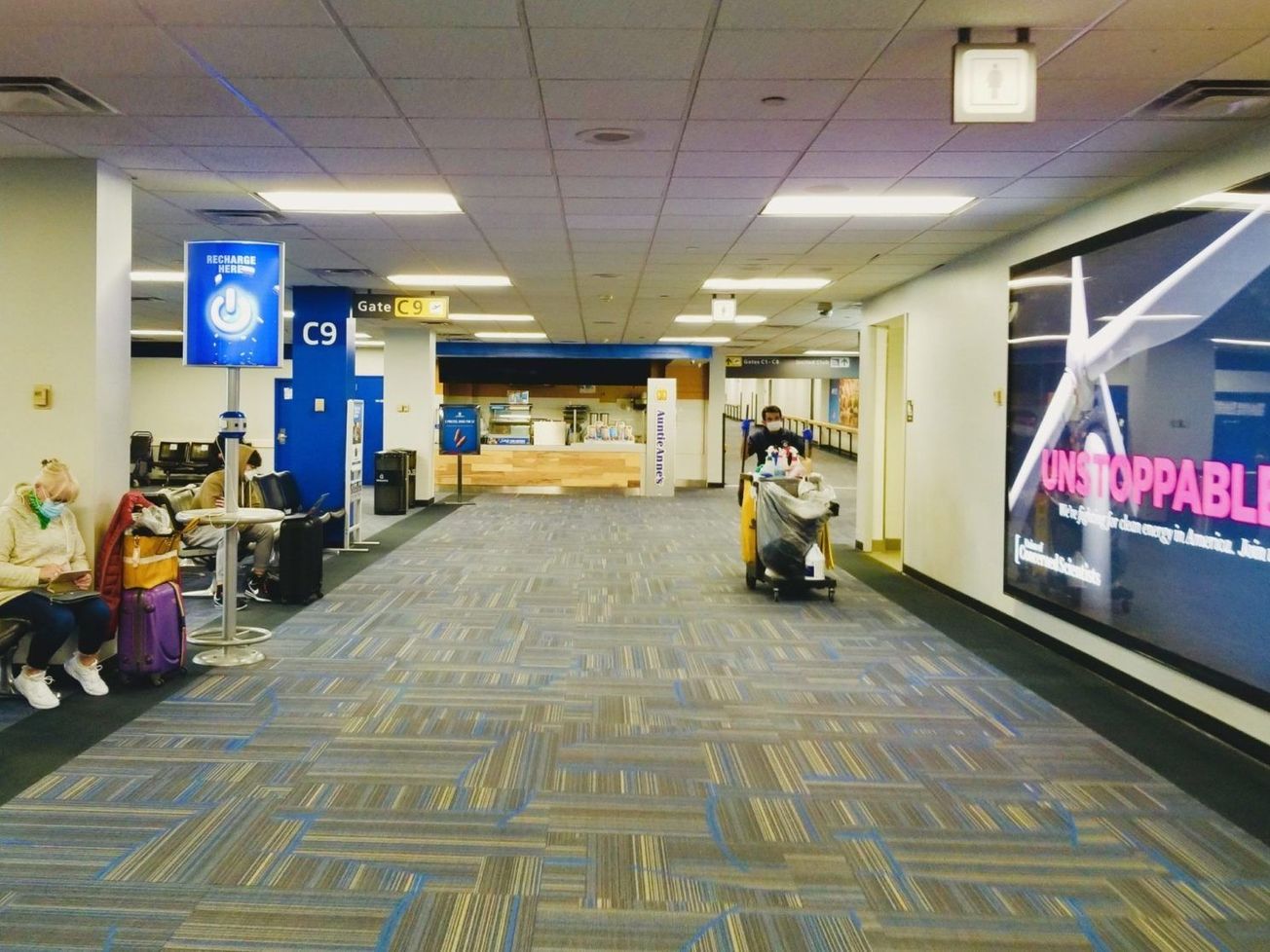In just 12 days the world added a million confirmed COVID-19 cases, pushing the total to more than 4 million on Saturday led by a surge in the United States, according to Johns Hopkins University and Google data trackers.
It was only on April 27 that the number of cases worldwide blew past the 3 million mark. Now, the United States has 1.3 million infections and 78,000 of the world's 270,000 deaths, the most of any country. The next highest caseloads are in Spain, Italy, the U.K. and Russia, each with more than 200,000.







